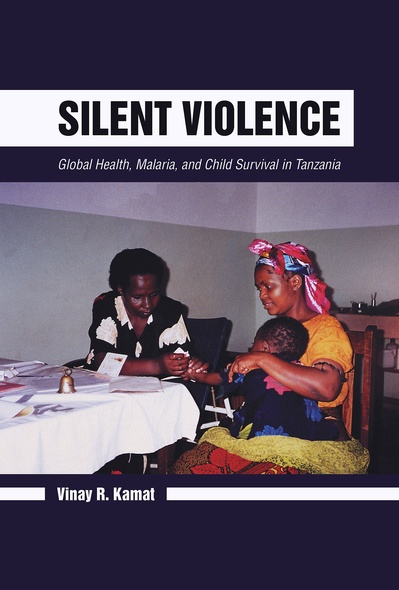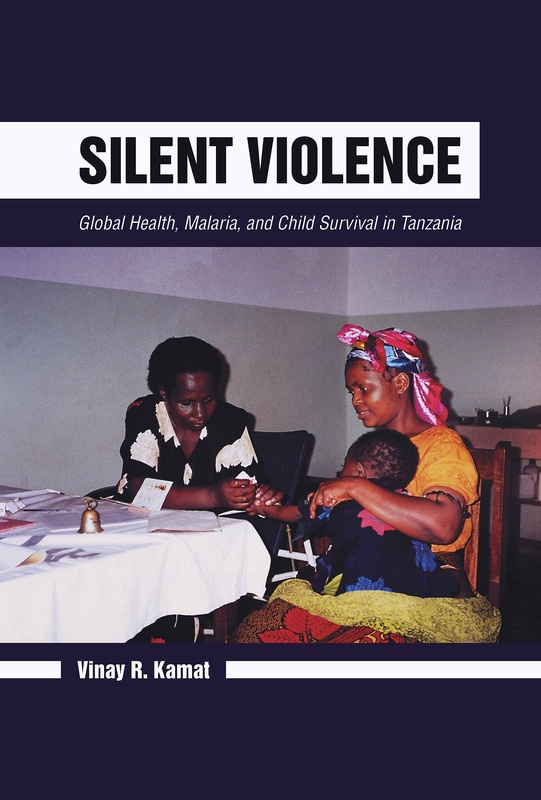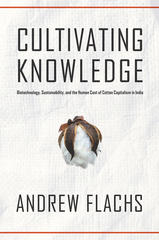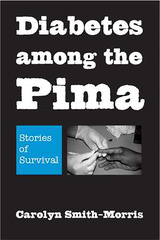
280 pages, 6 x 9
15 photos, 1 table, 2 maps
Paperback
Release Date:05 Dec 2013
ISBN:9780816529520
Silent Violence
Global Health, Malaria, and Child Survival in Tanzania
The University of Arizona Press
Silent Violence engages the harsh reality of malaria and its effects on marginalized communities in Tanzania. Vinay R. Kamat presents an ethnographic analysis of the shifting global discourses and practices surrounding malaria control and their impact on the people of Tanzania, especially mothers of children sickened by malaria.
Malaria control, according to Kamat, has become increasingly medicalized, a trend that overemphasizes biomedical and pharmaceutical interventions while neglecting the social, political, and economic conditions he maintains are central to Africa’s malaria problem. Kamat offers recent findings on global health governance, neoliberal economic and health policies, and their impact on local communities.
Seeking to link wider social, economic, and political forces to local experiences of sickness and suffering, Kamat analyzes the lived experiences and practices of people most seriously affected by malaria—infants and children. The persistence of childhood malaria is a form of structural violence, he contends, and the resultant social suffering in poor communities is closely tied to social inequalities.
Silent Violence illustrates the evolving nature of local responses to the global discourse on malaria control. It advocates for the close study of disease treatment in poor communities as an integral component of global health funding. This ethnography combines a decade of fieldwork with critical review and a rare anthropological perspective on the limitations of the bureaucratic, technological, institutional, medical, and political practices that currently determine malaria interventions in Africa.
Malaria control, according to Kamat, has become increasingly medicalized, a trend that overemphasizes biomedical and pharmaceutical interventions while neglecting the social, political, and economic conditions he maintains are central to Africa’s malaria problem. Kamat offers recent findings on global health governance, neoliberal economic and health policies, and their impact on local communities.
Seeking to link wider social, economic, and political forces to local experiences of sickness and suffering, Kamat analyzes the lived experiences and practices of people most seriously affected by malaria—infants and children. The persistence of childhood malaria is a form of structural violence, he contends, and the resultant social suffering in poor communities is closely tied to social inequalities.
Silent Violence illustrates the evolving nature of local responses to the global discourse on malaria control. It advocates for the close study of disease treatment in poor communities as an integral component of global health funding. This ethnography combines a decade of fieldwork with critical review and a rare anthropological perspective on the limitations of the bureaucratic, technological, institutional, medical, and political practices that currently determine malaria interventions in Africa.
‘Silent Violence is a significant contribution to our understanding of the micropolitics of childhood malaria in Tanzania. Vinay Kamat’s work guides our understanding of the social impacts that impinge on the children who suffer endemic malaria and on their mothers who must figure out, with limited resources and social structural support, how to help them.’—David Kozak, author of Devil Sickness and Devil Songs: Tohono O'odham Poetics
‘Silent Violence is one of the very best illness ethnographies I have read to date, and a terrific resource for anyone interested in global health. Kamat’s painstaking research and accessible use of social theory presents a strong case for why a multisectoral approach to malaria as a disease of poverty is needed.’—Mark Nichter, author of Global Health: Why Cultural Perceptions, Social Representations, and Biopolitics Matter
Vinay Kamat is an associate professor of anthropology at the University of British Columbia. He has conducted extensive fieldwork in Tanzania on malaria control and social suffering.
Preface
Acknowledgments
Part I: Global Discourses
1. The Violence of a Global Killer
2. Locating the Field
3. Commanding Heights and Failed Promises
Part II: Local Practices
4. Micropolitics of Childhood Malaria
5. Malaria Deaths and Meaning Making
6. Malaria, Single Mothers, and Social Suffering
Part III: Philanthrocapitalism
7. Old Ideas and New Promises
8. Pharmaceutical Nexus and Globalizing Antimalarials
Part IV: The Way Forward
9. Conclusion: From Malaria Control to Malaria Elimination
10. Epilogue: The End of Malaria?
Glossary of Kiswahili Terms
Notes
References
Index










